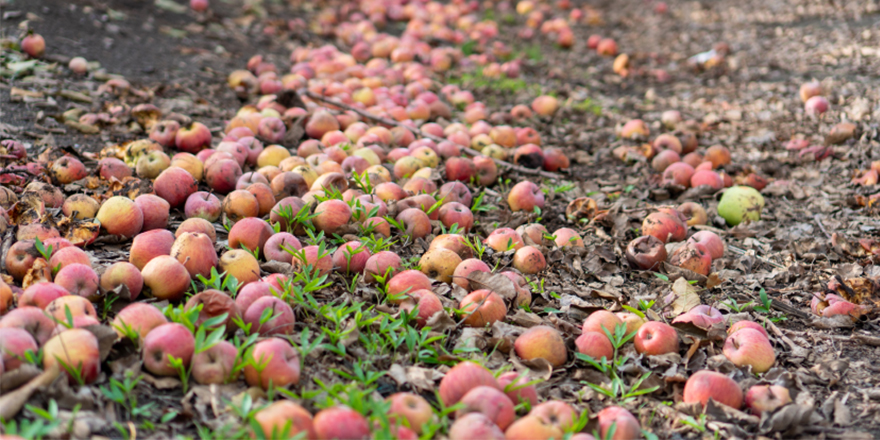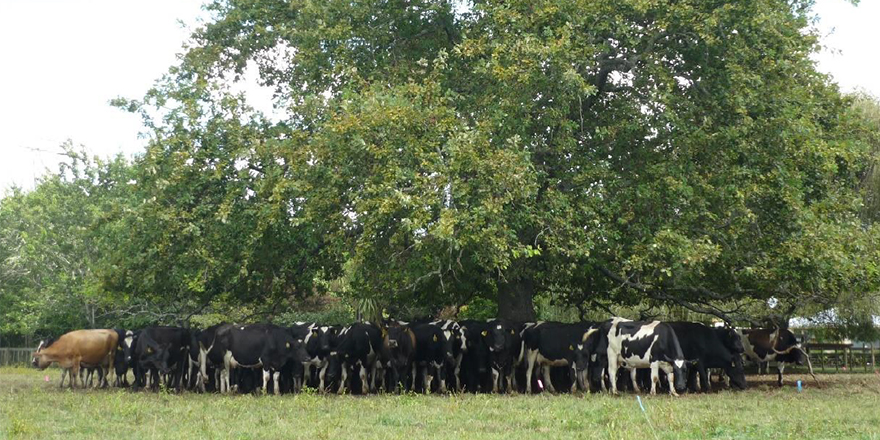
Executive summary
The New Zealand kiwifruit supply chain is faced with the complex challenge of reducing greenhouse gas emissions while continuing to grow economic value in new and existing markets around the world. As the focus on climate change continues to intensify, New Zealand grown kiwifruit must demonstrate a willingness to adapt to maintain market share and international market access.
The main objective of the report was to investigate both the current and future emission reduction efforts in the New Zealand Kiwifruit supply chain. Further, the report also sought to analyse the economic implications of implementing these emission reduction efforts. The intersection of emissions reduction and economic consequences is of significance as it demonstrates how efforts to combat global warming can lead to financial well-being and security for those involved in the industry.
Further, this report aimed to provide an objective evaluation of the global market for kiwifruit grown in New Zealand, and to outline the potential outcomes of either reducing or not reducing emissions throughout the supply chain. The scope of the report was limited to the four key segments of the supply chain within New Zealand’s jurisdiction: kiwifruit growers, post-harvest operations, Zespri, and shipping.
The methodology of the report included a literature review, seven key interviews with sustainability staff, kiwifruit growers, and government officials, and then a thematic analysis guided by the overarching principle of triangulation. The literature review provided context around the reasons and methods of emission reduction, as well as outlining the metric of eco-efficiency and what this means.
Semi structured, qualitative interviews played an important role in providing insight into the emissions reduction efforts and economic effects. The use of triangulation methodology enhanced the validity of the results and ultimately produced a more credible set of findings.
Key Findings
- Emission reduction activities are already taking place throughout the supply chain. For example, reducing fossil fuel use, fertiliser and compost use, effective waste management, installing solar power, refrigerant management, electrification, investment into technology, scope 3 influence among others. These have varying levels of success, and it isn’t always clear what the economic implications are.
- General consensus among interviewees found that emissions need to be reduced, however there is a lack of clarity regarding process and economic implications. This particularly applies to kiwifruit growers as part of the carbon neutral trial, but also for post-harvest facilities implementing emission reduction initiatives.
- Eco-efficiency is an important metric when measuring the convergence of emission reduction and economic value. One of the advantages is it can be standardised across the entire supply chain and used as a collaboration tool.
- International Trade Agreements showed a strong increase in demand for reduced embedded carbon in produce out of New Zealand. In the European Union’s case, New Zealand products must meet Paris Climate Accord obligations by 2030 or risk losing this market.
- Economic analysis yielded insight into current emission reduction activities and their economic impact, cost and payoffs. An example is the investment in electric vehicles for post-harvest facilities. Although costly up front and dependent on the electricity source, the cost-savings can be high and the payoff scope very low.
- Further research and investment into green shipping is necessary, given kiwifruit and New Zealand’s primary exports rely on maritime transport.
Recommendations
- Industry Advisory Council (IAC) to introduce eco-efficiency as a standard measure of emission reduction efficacy across the kiwifruit supply chain in the next five years.
- Zespri to adjust the Carbon Neutral Trial to provide participants with more information on future direction as well as economic benefits and drawbacks. Zespri to encourage collaboration among participants.
- Zespri, in conjunction with Ministry of Foreign Affairs and Trade as well as Ministry of Primary Industries to create a ‘Green Shipping Council’ in New Zealand, to proactively manage the rapidly evolving shipping environment.
- Kiwifruit stakeholders and New Zealand trade experts to advocate internationally for efforts aimed at reducing greenhouse gas emissions in the kiwifruit industry.
Download and read the full report here:




